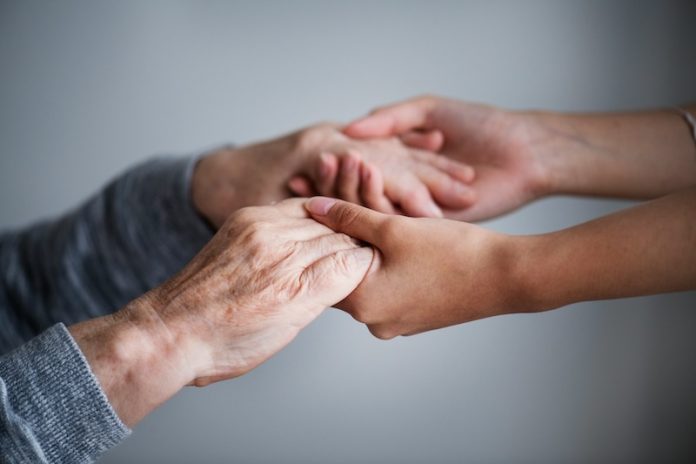
Parkinson’s disease is a long-term condition that affects the brain and mainly impacts movement. While it usually develops slowly, early signs can be hard to notice and can differ from person to person.
Identifying these early symptoms is important for getting a timely diagnosis and starting treatment, which can help manage the disease more effectively.
One of the first signs that people may experience is a slight tremor or shaking, often in the hands or fingers. This trembling usually happens when the hand is resting and not being used.
It might look like a “pill-rolling” motion, where the thumb and forefinger move together in a circular way. Tremors are often the first reason people visit a doctor for an evaluation.
Another early sign is slowed movement, known as bradykinesia. This refers to a gradual slowing down of how quickly someone can move. People may notice that tasks they used to do easily, such as buttoning clothes or walking, become harder and take longer.
They may also lose some of their facial expressions, blinking less or looking like they have a blank face. Slower movement can affect any part of the body, making even daily tasks feel more difficult.
Muscle stiffness, also known as rigidity, is another common early symptom. This can cause discomfort and limit a person’s ability to move freely.
For example, when someone tries to move their arm, it might feel stiff and hard to bend, making walking and other activities more challenging. This stiffness is often noticeable to others when they try to move the person’s limbs and find that they do not move as easily as expected.
Another early sign is a change in posture and balance. Many people with Parkinson’s disease begin to develop a stooped posture, where they lean forward slightly when standing or walking.
Balance can also become a problem, leading to a higher risk of falls. These issues might not be obvious at first but become more noticeable as the condition progresses.
People with Parkinson’s may also notice they stop making small, automatic movements. For instance, they might blink less, smile less often, or stop swinging their arms when they walk.
These unconscious movements are easy to overlook, but they are a common sign of early Parkinson’s.
Changes in speech and handwriting are also early clues. A person with Parkinson’s may start to speak more softly or quickly, or they might slur their words.
Their handwriting can become smaller and more cramped than usual. These changes might happen slowly, but they are noticeable over time.
Beyond movement, Parkinson’s disease can cause other early symptoms that are not related to motor skills. Sleep problems, such as restless legs or acting out dreams while asleep (known as REM sleep behavior disorder), can appear years before other signs of the disease.
Non-motor symptoms like losing the sense of smell, feeling constipated, or experiencing mood issues like depression and anxiety are also common early indicators.
While these symptoms may seem unrelated, they are often early warning signs of Parkinson’s disease. If you or someone you know starts to notice any of these symptoms, it’s important to see a doctor, especially a neurologist, for an evaluation.
Early diagnosis can help manage the disease better, allowing for treatments that can reduce symptoms and possibly slow down the disease’s progression.
Recognizing these early signs and taking action can make a big difference in managing Parkinson’s disease, improving quality of life, and preparing for the future. If any of these signs are present, don’t hesitate to seek medical advice for a proper diagnosis.
If you care about dementia, please read studies about Vitamin B9 deficiency linked to higher dementia risk, and flavonoid-rich foods could help prevent dementia.
For more information about brain health, please see recent studies that cranberries could help boost memory, and how alcohol, coffee and tea intake influence cognitive decline.
Copyright © 2024 Knowridge Science Report. All rights reserved.



